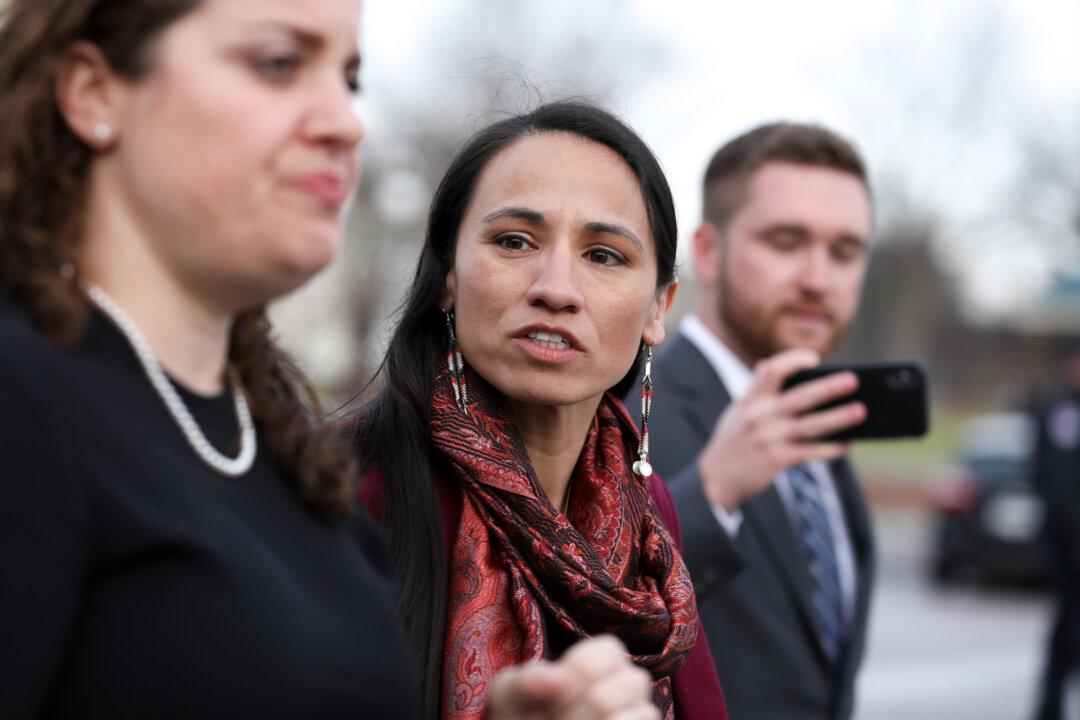The ‘Value Them Both’ abortion ballot proposition was the dominant issue on Kansas’ otherwise bland Aug. 2 primary ballot, which offered few competitive inter-party races but cleared the decks for several compelling clashes in fall’s general election.
Most notable among the general election contests is the already underway toss-up brawl between incumbent Democratic Gov. Laura Kelly and her Republican challenger, Kansas attorney general Derek Schmidt.
Both blew past nominal opposition in slam-dunk Aug. 2 primary victories and have millions to spend in what is projected to be among the nation’s most compelling governor elections of the 2022 midterms.
The Kelly-Schmidt race is one of 36 gubernatorial elections nationwide this fall. Kelly is among 22 Democratic governors seeking re-election but the only trying to do so in a state that former President Donald Trump won in 2020, garnering 56 percent of the vote.
Kelly and incumbent Lt. Gov. David Toland, who also serves as Kansas secretary of commerce, easily cruised past former Republican and “anti-abortion Democrat” Richard Karnowski of Seneca and his Lt. Gov. hopeful, Barry Franco, in their Democratic primary.
Schmidt and his Lt. Gov nominee, Katie Sawyer, a senior staffer for Sen. Roger Marshall (R-Kansas), likewise had little trouble dispatching by Arlyn Briggs, a Kincaid farmer and trucker, and his Lt. Gov. running mate, Lance Berland, in their GOP primary.
The Kelly-Schmidt governor’s race is rated a “toss-up” election by the Cook Political Report, Inside Elections with Nathan Gonzales, and Larry Sabato’s Crystal Ball.
Kelly served 14 years in the state Senate, including as assistant minority leader and as minority whip, after a 16-year stint as Kansas Recreation and Park Association executive director. In the 2018 gubernatorial race, she defeated former Kansas Secretary of State Kris Kobach by 5 percentage points.
Kelly’s campaign reported to the Kansas Secretary of State Office’s Elections Division (KED) on July 25 that it had raised more than $1.5 million between Jan. 1–July 21, spent nearly $2.1 million, and had $1.3 million on hand.
Kelly touts bipartisan achievements in campaign literature, claiming she “has brought together both parties to get things done for Kansas.”
Since assuming office in 2018, Kelly’s campaign states “Kansas has seen a record of over $8.6 billion dollars of investment in new business initiatives and the creation and retention of over 41,000 jobs.”
Schmidt served in the Kansas Senate 2001-11 where he chaired the chamber’s agriculture committee and was Senate majority leader.
Elected attorney general in 2010 and re-elected twice after that, he is the state’s second longest-serving attorney general. In 2018, according to his campaign, Schmidt “received more votes than any other candidate for attorney general in Kansas history.”
His campaign raised $707,279 between Jan. 1-July 21, spent $508,981, and had $1.505 million cain on hand as of July 25, according to their campaign’s KED filing.
If elected, Schmidt said he will “bring common sense and conservative leadership back to Kansas” with a focus on “building a climate of opportunity for all Kansans and protecting traditional values like religious freedom, the rule of law, life, freedom to speak openly, and the Second Amendment.”





